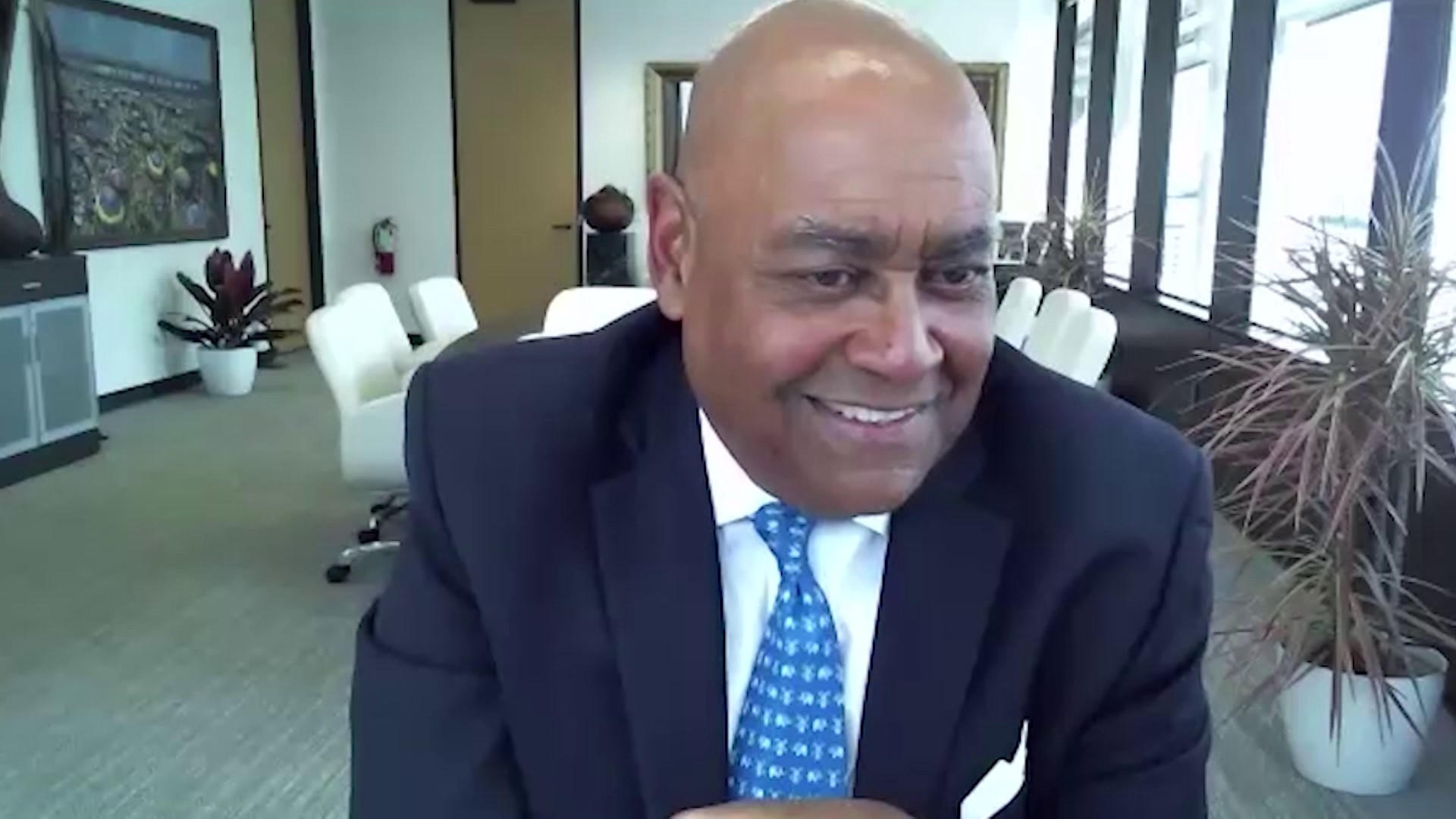HARRIS COUNTY, Texas — Calling it “plainly unconstitutional,” Texas Attorney General Ken Paxton sued Harris County to block a guaranteed income program days before the payments were set to begin.
Around 1,900 families would receive $500 in cash payments a month, for 18 months. And there would be no strings attached, and no rules on how they spend that money.
Harris County Commissioner Rodney Ellis, one of the strongest proponents of the pilot program, says the public purpose is very clear: to reduce poverty and help the poorest of the poor.
“This has nothing to do with the constitution,” Ellis told us on Inside Texas Politics. “Part of what I think General Paxton and my former Republican colleagues in the state legislature ought to be worried about is that slippery slope. What about vouchers?”
The Precinct 1 Democrat says he thinks there are several well-heeled groups, on the left and the right, that could try to challenge various other programs used by cities and counties if the lawsuit is successful.
And when Paxton says the guaranteed income program violates a section of the Texas Constitution that says no local government can “lend its credit or to grant public money or thing of value” to individuals, Ellis says that also sounds exactly like school vouchers.
“A number of my former colleagues who are still active in politics, some who are no longer active in politics, have called me jokingly saying Rodney, you may have come up with a way to kill vouchers if they really strike this down,” he said with a smile. “You’re going to strike down a bunch of these giveaways that go to billionaires? What about the program that the state did bailing out, giving money to utilities that made a fortune after that freeze anyway?”
Harris County Commissioners approved the guaranteed income pilot program, called “Uplift Harris,” using more than $20 million in federal COVID-19 funding, so they’re not even using state dollars.
Supporters say guaranteed income programs can help low-income families cover basic expenses, such as rent, and find some financial breathing room.
Critics say the programs are too expensive and encourage some workers to stay unemployed.
And to those who argue there should be strings attached, Ellis said studies have shown that doesn’t work as effectively.
Dozens of cities and counties across the country already have similar programs in place, or have launched a pilot.
That includes a handful of locations in Texas, including Austin.
But the state hasn’t gone after any other local government in Texas.
“They are angry because Democrats control Harris County. That’s why. It’s so big. That’s the difference. Democrats pretty much control Dallas County where you are. But the difference here is Democrats control it and it’s bigger than 25 states,” Ellis said.
Other headlines:

